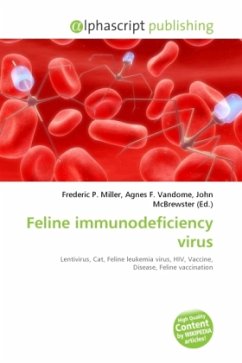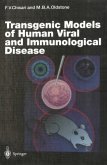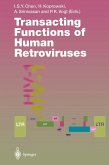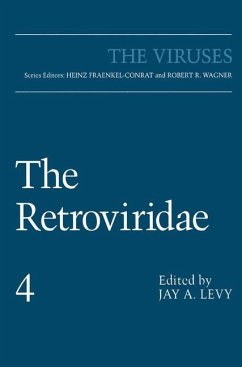Feline immunodeficiency virus (FIV) is a lentivirus that affects domesticated housecats worldwide and is the causative agent of feline AIDS. Approximately 11% of cats worldwide, and about 2.5% of cats in the USA, are infected with FIV. FIV differs taxonomically from two other feline retroviruses, feline leukemia virus (FeLV) and feline foamy virus (FFV) and is more closely related to human immunodeficiency virus HIV. Within FIV, five subtypes have been identified based on nucleotide sequence differences coding for the viral envelope (env) or polymerase (pol). FIV is the only non-primate lentivirus to cause an AIDS-like syndrome, but FIV is not always a death sentence for cats, as they can live relatively healthily as carriers and transmitters of the disease for many years. A vaccine is available although its efficacy remains uncertain, and cats will test positive for FIV antibodies after vaccination. FIV was first discovered in 1986 in a colony of cats that had a high prevalence of opportunistic infections and degenerative conditions, and has since been identified as an endemic disease in domestic cat populations worldwide.
Bitte wählen Sie Ihr Anliegen aus.
Rechnungen
Retourenschein anfordern
Bestellstatus
Storno








